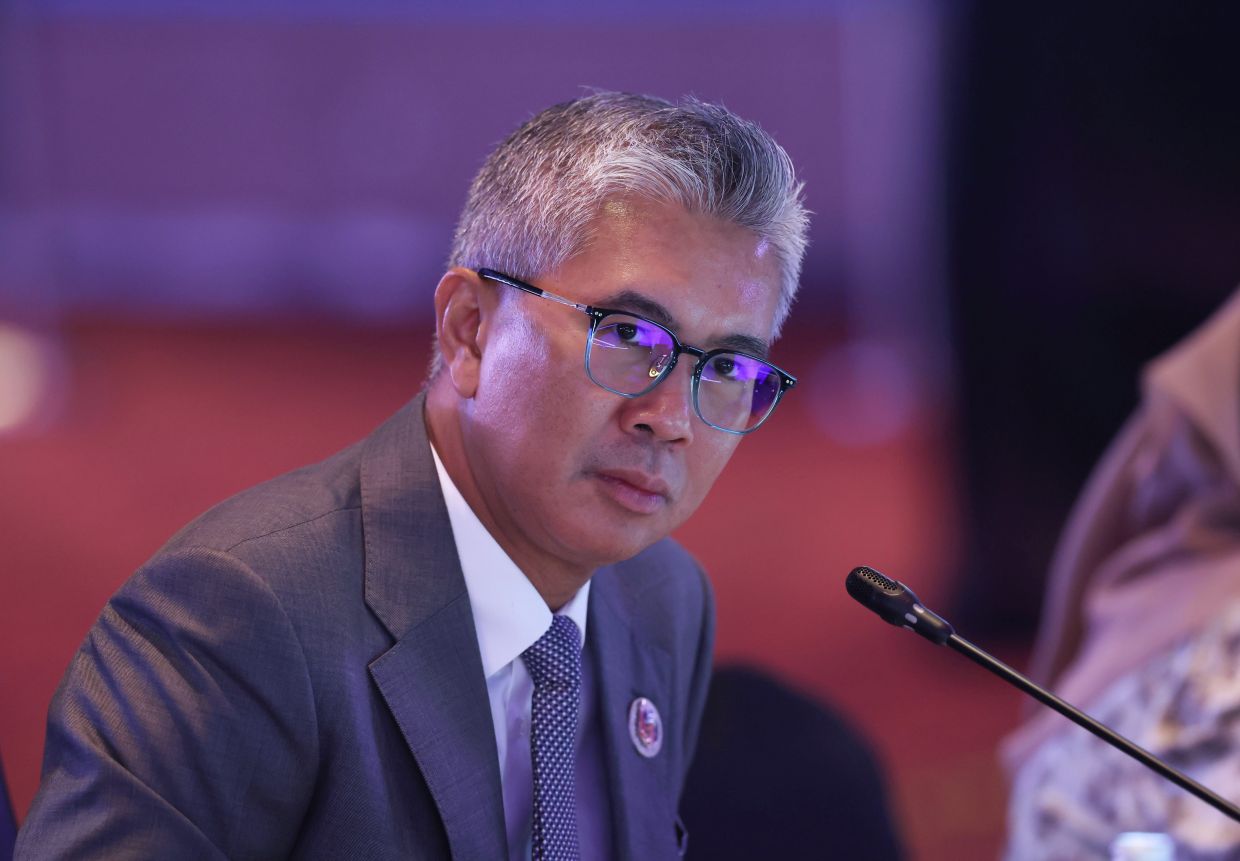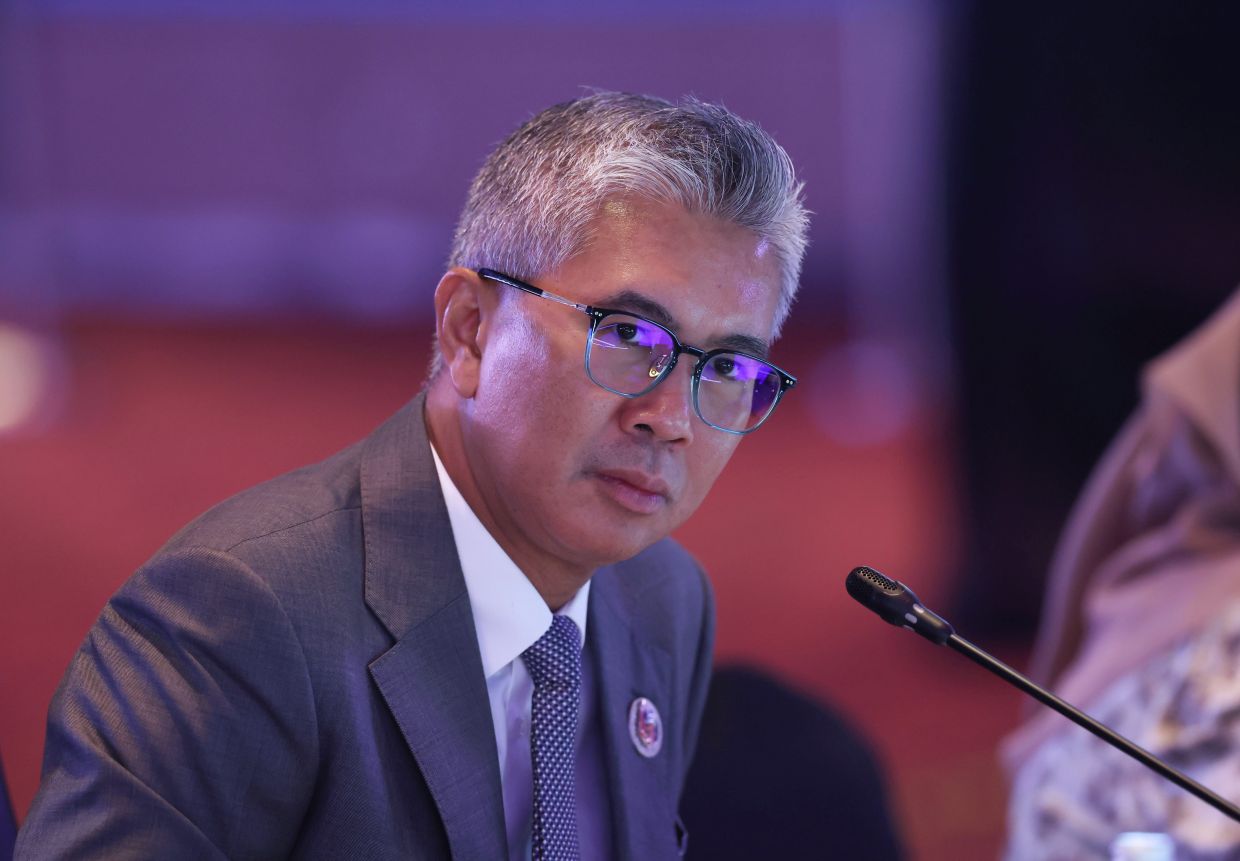
KUALA LUMPUR: Malaysia has adopted a neutral and inclusive approach to ensure its industries benefit from the latest technologies, particularly AI chips from major economies such as the United States (Nvidia) and China (Huawei Ascend), says Tengku Datuk Seri Zafrul Abdul Aziz.
The Investment, Trade, and Industry Minister stated that the government’s primary objective was to ensure that companies and industries based in Malaysia have controlled, competitive, and secure access to global AI chips and platforms, while maintaining national data sovereignty and security standards.
“The government continues to engage with global technology firms and major trading partners to strengthen market access and facilitate technology transfer,” he said in a written reply to a question raised by Syerleena Abdul Rashid (PH-Bukit Bendera).
Syerleena had asked the ministry to state its strategy to ensure that companies and industries based in Malaysia can use artificial intelligence (AI) chips originating from the US (such as Nvidia) and the People’s Republic of China (such as Huawei Ascend).
Citing an example, Tengku Zafrul said Malaysia and the United States signed a Memorandum of Cooperation on Resilient Semiconductor Supply Chains in 2022, which remains in effect until 2026.
“The Government will leverage this cooperation to ensure the resilience of Malaysia’s domestic semiconductor supply chain.
At the same time, he said the government is implementing layered regulatory and technical approaches to assess product security before deployment in critical systems.
“This includes approval mechanisms and risk assessments conducted by national cybersecurity agencies,” he added.
The Government, he added, was also actively enhancing data centre capabilities, high-performance networks, and the development of research and development (R&D) as well as integrated circuit (IC) design capacity.
“In line with this, Malaysia has introduced the Silicon Vision, focusing on the development of locally made AI chips,” he said.
He explained that strategic collaboration with ARM Limited enables Malaysian companies to access ARM’s intellectual property (IP), which can accelerate local AI chip development.
“In addition, the government continues to encourage the development of homegrown AI technologies capable of penetrating global markets.
Local automation companies such as Greatech, Vitrox, and Pentamaster have begun integrating AI into their products, demonstrating Malaysia’s ability to contribute to the global value chain in AI and semiconductors,” he said.






